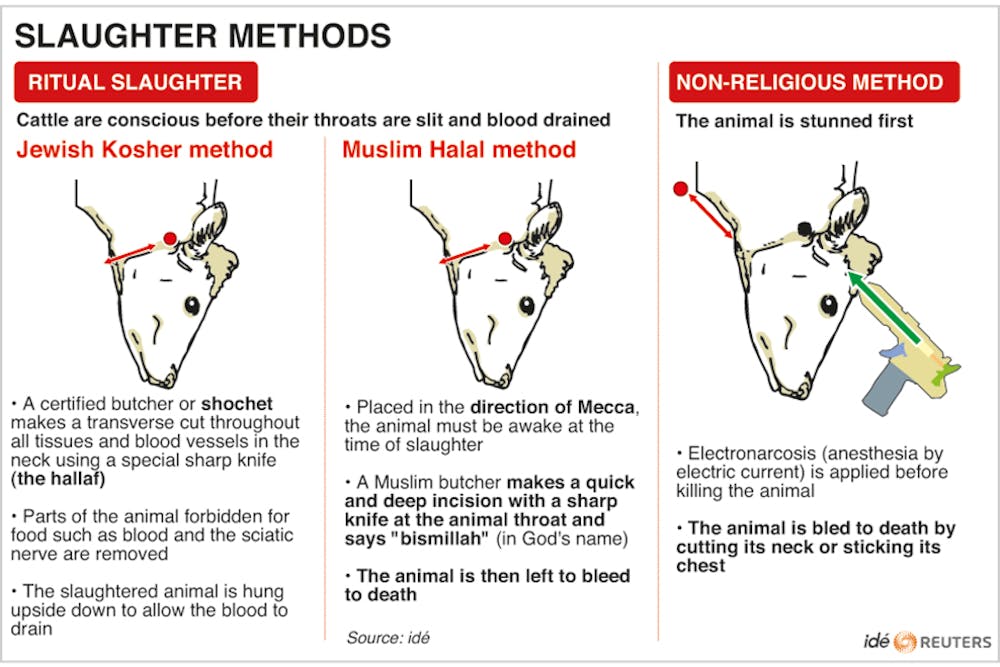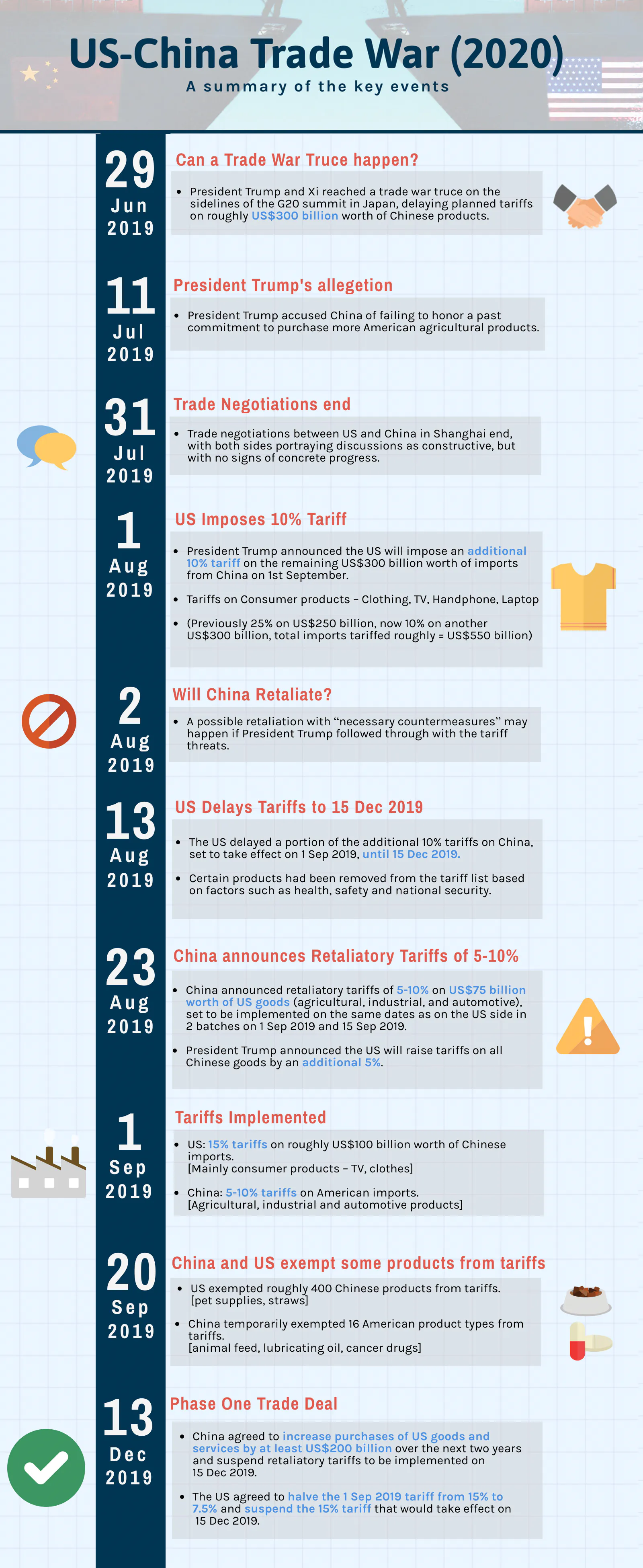Vegans And Halal Slaughter: A Necessary Conversation

Table of Contents
Understanding Veganism
Core Principles of Veganism
Veganism is a way of living that seeks to exclude, as far as is possible and practicable, all forms of exploitation of, and cruelty to, animals. This philosophy encompasses ethical, environmental, and health considerations.
- Animal Rights: Veganism fundamentally opposes the commodification and exploitation of animals, advocating for their inherent right to life and freedom from suffering. Organizations like the Humane Society International provide extensive documentation of animal welfare issues in factory farming.
- Environmental Sustainability: Animal agriculture is a significant contributor to greenhouse gas emissions, deforestation, and water pollution. Vegan diets are increasingly recognized as a more sustainable approach to food production, reducing the environmental footprint of our food choices.
- Health Benefits: Well-planned vegan diets can provide numerous health benefits, including reduced risk of heart disease, type 2 diabetes, and certain cancers. Studies consistently show a link between plant-based diets and improved overall health outcomes.
- Avoidance of Animal Exploitation: Veganism rejects all forms of animal exploitation, including the use of animals for food, clothing, entertainment, and experimentation. This includes avoiding products such as leather, wool, and honey.
Vegan Diets and Food Choices
Adopting a vegan lifestyle involves careful planning to ensure adequate nutrient intake. Fortunately, a wide variety of plant-based foods offer a rich source of vitamins, minerals, and protein.
- Plant-based Protein Sources: Legumes (beans, lentils, chickpeas), tofu, tempeh, seitan, nuts, and seeds provide ample protein.
- Nutritional Considerations: Careful attention to Vitamin B12, iron, calcium, and omega-3 fatty acids is crucial. Supplementation may be necessary in some cases.
- Challenges of Avoiding Hidden Animal Products: Many processed foods contain hidden animal-derived ingredients. Careful label reading and understanding of ingredient lists is essential. For example, many bread varieties contain animal-derived shortening.
Understanding Halal Slaughter
The Islamic Principles of Halal
Halal refers to permissible foods and practices according to Islamic law. Halal slaughter emphasizes humane treatment of animals and specific procedures for meat preparation.
- Emphasis on Humane Treatment of Animals: Islamic teachings stress the importance of kindness and compassion towards animals. Suffering should be minimized during the slaughter process.
- Specific Methods of Slaughter: The animal must be slaughtered in a specific manner, involving a swift cut to the jugular vein, carotid artery, and windpipe. This is intended to ensure a quick and relatively painless death.
- Religious Significance: Halal slaughter is not merely a dietary practice; it's a religious obligation that reflects a commitment to ethical treatment and respect for God's creation. The act includes specific invocations.
- Halal Certification Process: Meat products labeled as Halal undergo rigorous inspections to ensure compliance with Islamic guidelines. This often involves independent certification bodies that oversee the entire process, from animal raising to slaughter and packaging.
The Process of Halal Slaughter
The process of Halal slaughter involves a series of steps designed to minimize animal suffering.
- Quick and Efficient Methods: The slaughter must be performed quickly and efficiently to reduce the animal's pain and distress.
- Proper Stunning Techniques: While not always mandatory, pre-slaughter stunning can help reduce pain, especially for larger animals. However, the method of stunning must be permissible under Islamic guidelines.
- Religious Invocations: Specific prayers are recited during the slaughter process, reflecting a reverence for God and a recognition of the animal's life.
Addressing common misconceptions, many believe Halal slaughter is inherently cruel. However, when performed correctly, it aims for swiftness and minimal suffering, often exceeding many secular standards for animal welfare.
Finding Common Ground and Areas of Conflict
Comparing Ethical Frameworks
Both veganism and Halal principles share a common ground in emphasizing the ethical treatment of animals. However, they diverge significantly regarding the permissibility of animal consumption.
- Focus on Minimizing Suffering: Both perspectives seek to minimize animal suffering, though they disagree on the permissibility of causing death for consumption.
- Respect for Life: Both place value on life, but differ in their views on the moral status of animals and their place in the human-animal relationship.
- Differing Views on the Morality of Animal Consumption: Veganism rejects all forms of animal consumption, while Halal permits it under specific conditions. The key difference lies in the acceptance or rejection of taking an animal's life for human use. The concept of "humane slaughter" is interpreted differently within these frameworks.
Addressing the Challenges of Dialogue
Constructive dialogue between vegans and those observing Halal dietary laws can be challenging due to several factors.
- Misunderstandings: Misconceptions about Halal slaughter practices can fuel misunderstandings and conflict.
- Emotional Responses: The topic of animal welfare evokes strong emotions, making it challenging to maintain respectful dialogue.
- Lack of Awareness: A lack of awareness regarding the nuances of both veganism and Halal principles contributes to communication barriers.
- Communication Difficulties: Differing belief systems can create difficulties in finding common ground and communicating effectively.
Promoting respectful dialogue requires empathy, active listening, and a willingness to understand different perspectives. Education plays a key role in dispelling misconceptions and fostering a greater appreciation for diverse ethical choices.
Conclusion
Understanding "Vegans and Halal Slaughter" requires recognizing the core tenets of both veganism, which advocates for complete avoidance of animal exploitation, and Halal practices, which prioritize humane treatment within the context of permissible animal consumption. While both strive for minimizing animal suffering, their approaches to this goal differ fundamentally. Finding common ground requires respectful dialogue, acknowledging shared concerns for ethical treatment while acknowledging the divergent beliefs regarding animal consumption. Let's continue the conversation about Vegans and Halal Slaughter to foster greater understanding and respect for diverse ethical choices. Further research into vegan Halal meat alternatives and the ethical considerations of Halal slaughter for vegans can contribute to this crucial conversation.

Featured Posts
-
 Myanmar Crisis A Critical Analysis Of Britain And Australias Response
May 13, 2025
Myanmar Crisis A Critical Analysis Of Britain And Australias Response
May 13, 2025 -
 Diplomasi Halus Ala Sby Mengelola Konflik Myanmar
May 13, 2025
Diplomasi Halus Ala Sby Mengelola Konflik Myanmar
May 13, 2025 -
 Mlb Baseball Home Run Props April 26th Odds And Expert Picks
May 13, 2025
Mlb Baseball Home Run Props April 26th Odds And Expert Picks
May 13, 2025 -
 3 S And P 500 Gain Positive Impact Of Us China Trade Developments
May 13, 2025
3 S And P 500 Gain Positive Impact Of Us China Trade Developments
May 13, 2025 -
 1 050 Price Hike At And T Details The Impact Of Broadcoms V Mware Deal
May 13, 2025
1 050 Price Hike At And T Details The Impact Of Broadcoms V Mware Deal
May 13, 2025
